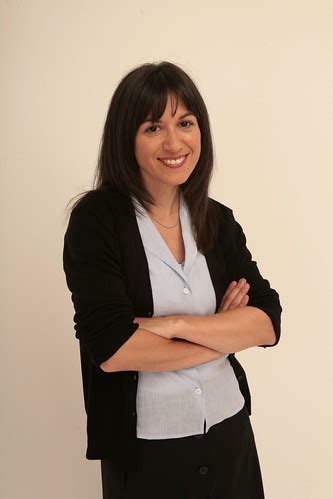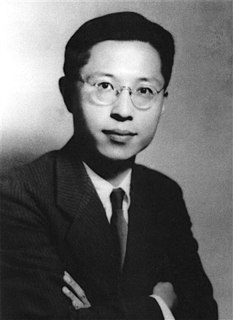A Quote by Carlos Fuentes
Literature overtakes history, for literature gives you more than one life. It expands experience and opens new opportunities to readers.
Quote Topics
Related Quotes
It looks like it’s wasting time, but literature is actually the ultimate time-saver - because it gives us access to a range of emotions and events that it would take you years, decades, millennia to try to experience directly. Literature is the greatest reality simulator - a machine that puts you through infinitely more situations than you can ever directly witness.
As a form of moral insurance, at least, literature is much more dependable than a system of beliefs or a philosophical doctrine. Since there are no laws that can protect us from ourselves, no criminal code is capable of preventing a true crime against literature; though we can condemn the material suppression of literature - the persecution of writers, acts of censorship, the burning of books - we are powerless when it comes to its worst violation: that of not reading the books. For that crime, a person pays with his whole life; if the offender is a nation, it pays with its history.
The narrative image has more dimensions than the painted image - literature is more complex than painting. Initially, this complexity represents a disadvantage, because the reader has to concentrate much more than when they're looking at a canvas. It gives the author, on the other hand, the opportunity to feel like a creator: they can offer their readers a world in which there's room for everyone, as every reader has their own reading and vision.





































